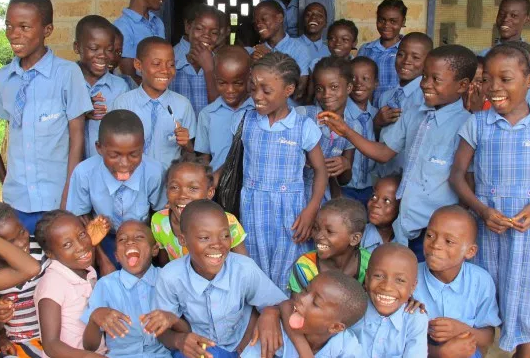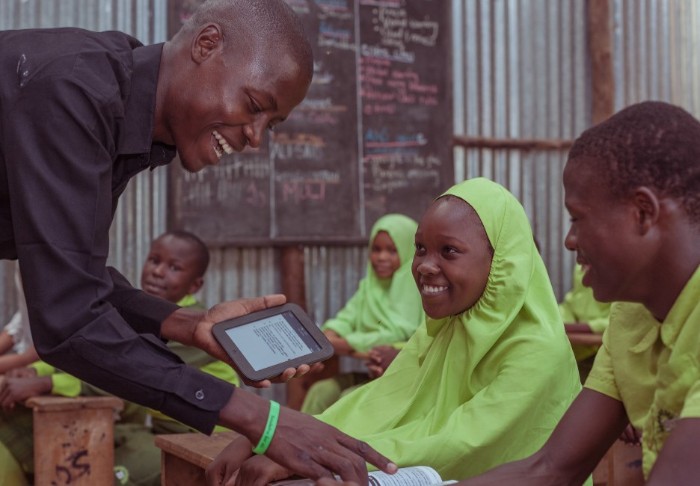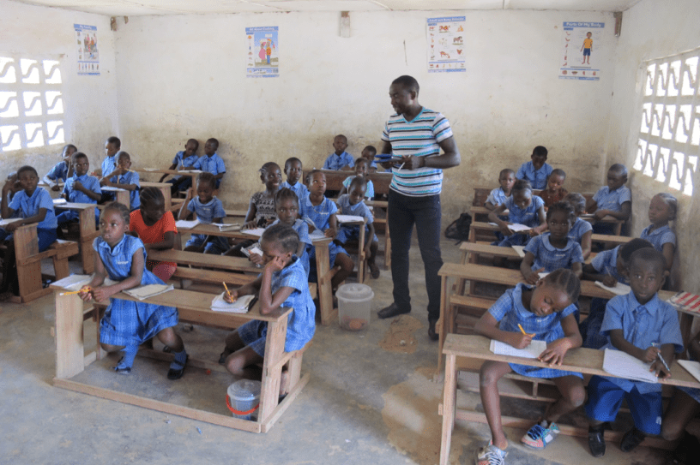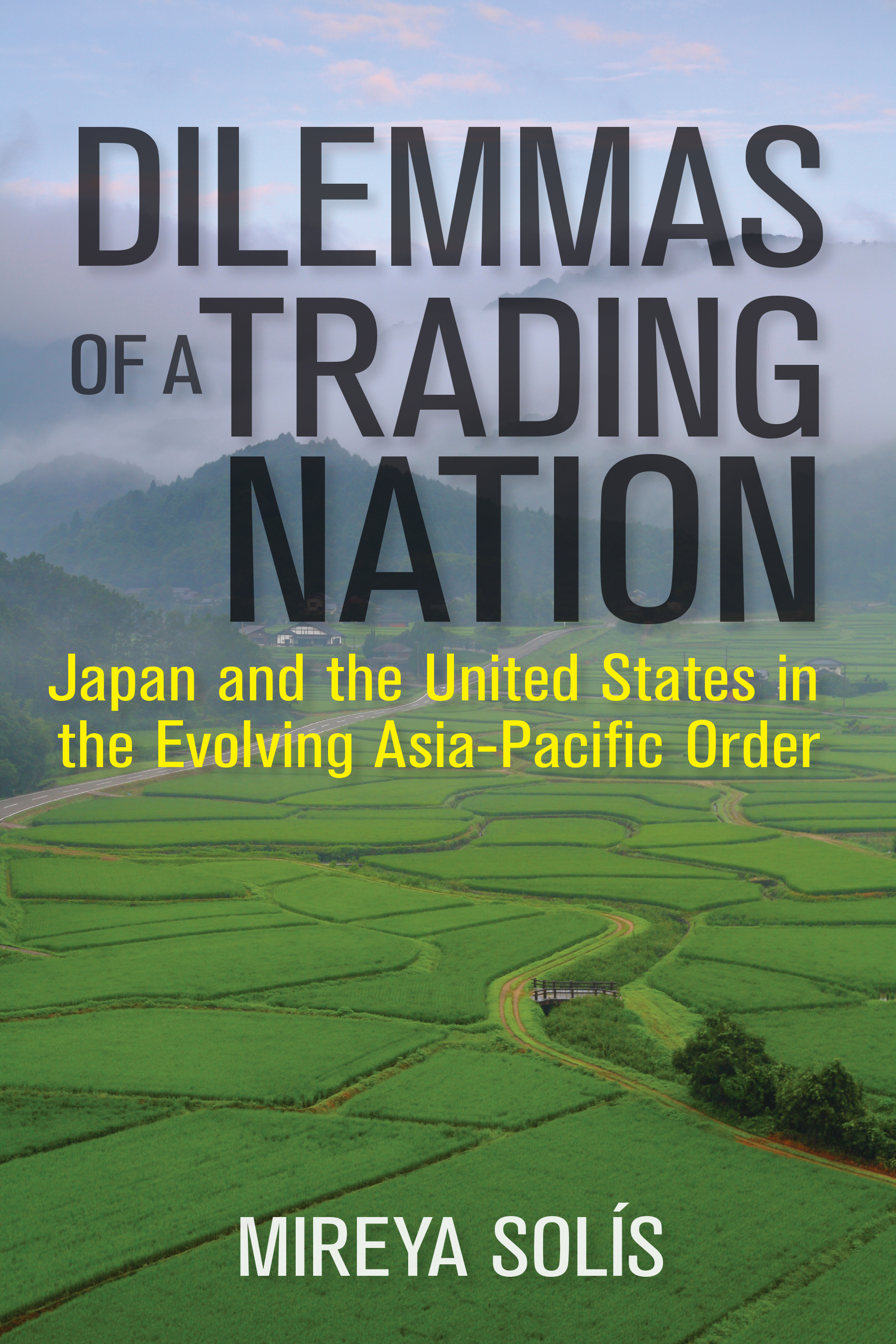Abed was world's first global education laureate -wise 2012 (go figure why it took to 2012 to vale education!)
One of Fazle Abed's biggest lessons - if i can we at brac will maintain up to 40000 one-room primry schools (largest non gov ed system) but only as benchmarks for government to continously improve on - only the gov has democracy's taxe needed to sustain investments in nation wide infarstructure but every community bhas an imperative to demonstarte how joyful schooling that wholly values girls and boys livelihoods can nbe
10/84 all those inspired by rachel's worldpossible collation of competely open digital learning resources and catalogue oif which nation's education system encourafe etachers and students to access the worfld's best elarning content
9-84 BR0 still to be understood- while american elearning gravitates around world possible- in china it gravitates round ai teachers assistants - instead of toys like alexa or hey google, anything that is a disciplainary fact can now be stired in a learnking robot- giving teachers and students time to teamwork and do other things than program a mind with sterile facts
8-84 new universities - these are ones that never put sustainability generation students in debt but expect thise who go on to chnage the world to pay it firward (or is it backward) -
BR0 tsinghua is a owrld elader of this ouyt of china-
BR9 maharishi institute ut of africa-
BR2 brac u out of s asia -where else?
rsvp isabella@unacknowledgedgiant.com
....
jan 1984 - our latest search of silicon valley
========================================
please could you relay this to shannon may or appropriate team member
we loved the half day tutorial you gave at wise@beijing; unfortunately the founding laureate networks brac (sir fazle abed) missed this and other chinese blended and digital revolutions in education
- so Sept 30 to October 6 we are helping arrange a week to correct this at brac headquarters - from the chinese side it will be led by jack ma's main female professor-chair based at Tsinghua University Beijing
as you probably know down the road from harvard the legatum lab at mit helped build http://www.bkash.com as women world's largest cashless bank with brac and jack ma started his partnerships with brac at this fintech network 3 months ago
mostofa zaman can be contacted with day to day queries- a young bangladeshi villager he has organised invitations to The Economist's remembrance arty to my father as their end poverty sub-editor and previous roundtable briefings given both by sir fazle abed founder of brac and kamil quadir founder of bkash
VALUETRUE.com Map Jobs-rich education along every belt road my father lifetime work at The Economist hypothesised 50 years ago at time of moon landing that education transformed around mobile connected world would sustain or destroy us all- these are exciting times to find out which- and few if any education networks liberate what you do -the slide links 12 of his most innovative surveys on youths futures around the world
all the best chris macrae dc 240 316 8157
On Wednesday, 1 August 2018, 08:41:51 GMT-4, Ben Rudd <media@bridgeinternationalacademies.com> wrote:
|
















